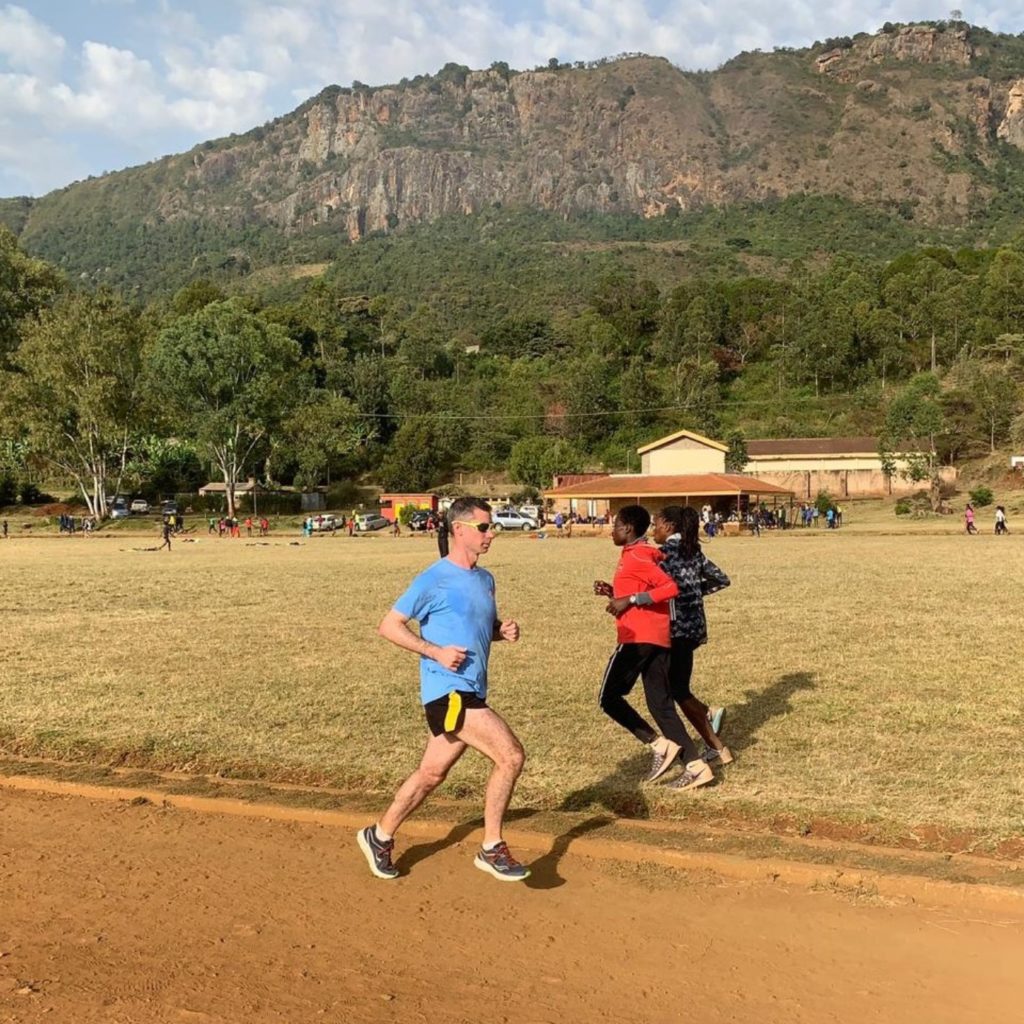Did you know that the number of reps is not important, and is usually an arbitrary decision?
There’s no magic in doing 5 or 6 or 10 reps. What’s important is causing fatigue during the workout, because fatigue is what your body responds and adapts to.
Run as many reps as it takes until you feel that you couldn’t do another rep without catastrophic physiological events occurring.
Workouts should not be done to failure, until you throw up or collapse. But they should cause enough fatigue, enough stress, to which to adapt. You should always walk away from a workout feeling like you’re in control of the workout rather than the workout controlling you. It’s the coach’s (or self-coached runner’s) job to assess when enough reps have been completed to reap the reward of the workout.
Another reason to train with unlimited reps is to avoid limiting yourself. If you focus on 1 rep at a time without any preconceived idea as to how many reps you’ll do, you’re forced to stay in the moment and focus only on the rep you’re running. You may end up completing the workout running more reps than what you thought you could.
If you decide before the workout that you’ll do 8 reps, guess what happens when you get to rep 7 or 8 — you feel tired, because your brain thinks you’re close to the end of the workout. Anticipation of an end point affects your feelings of fatigue, your associative thought processes, and even your neuromuscular efficiency.
Deciding beforehand (or being told by a coach) how long the workout is going to be also affects your pacing, because optimal pacing strategy is strongly influenced by the duration of the workout. If you leave the workout open-ended (or if a coach does not tell you how many reps you’re going to do), you’ll be surprised at what you can accomplish.
Reset your limits by not placing limits on your workouts… or on yourself.
